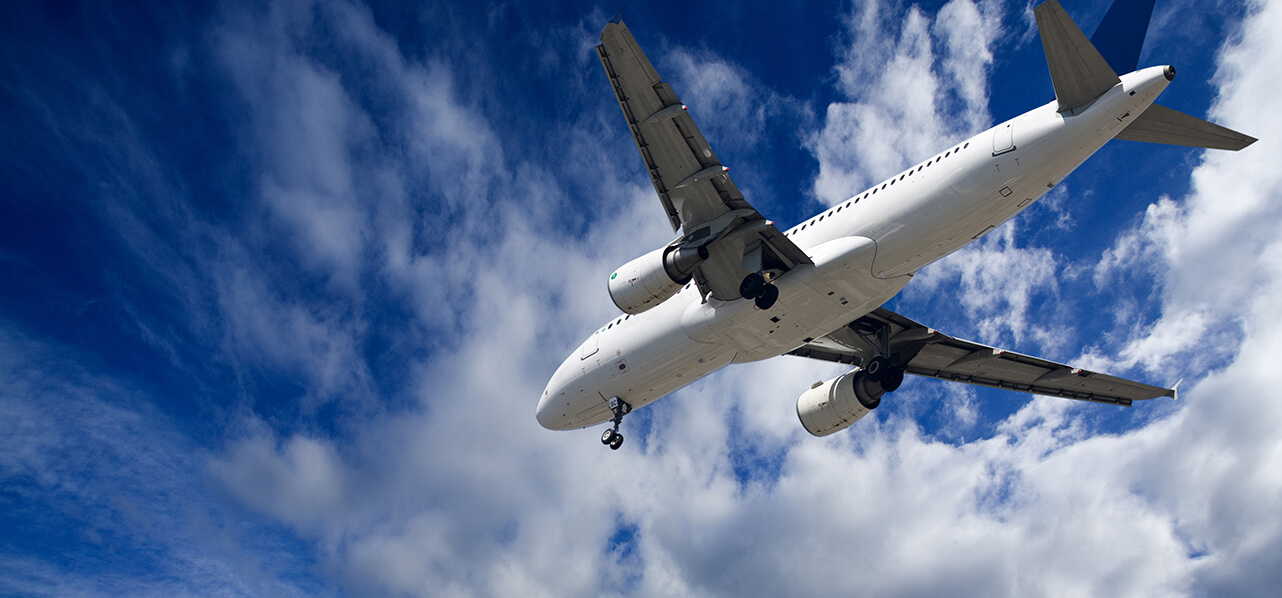Although Thailand is a global aviation hub, this has not translated into a comparable aviation manufacturing and support sector. The country has not kept up with regional competitors in this sector. Do recent moves by the Thai government redress this and will they make Thailand a regional and global aviation manufacturing and support hub?
Why is this necessary and what has held back development of this sector?
Regardless of the level of local expertise and investment, aviation manufacturing and support require the involvement and participation of foreign investors and partners. This reflects the global focus of aviation and the application of global standards by regulators, manufacturers, airlines and suppliers. Other than the local operations of foreign airlines, all other foreign investment in aviation-related businesses requires majority Thai ownership under aviation laws that came into force in the 1950s.
While laws and restrictions are not unique to Thailand, these have made investing in Thailand less attractive than in other regional aviation hubs with more liberal foreign ownership rules. Investments in the aviation sector require considerable initial capital outlay in facilities, equipment and trained and skilled personnel. A medium- to long- term view is often necessary given start-up costs. However, investors will consider the return on their investment. Where the majority of the dividends are to be paid to a majority Thai investor, this can make investing in Thailand a less attractive option.
Low levels of foreign investment may also reflect corresponding low levels of interest by Thai companies. The significant investment, competitive global marketplace and the complexities of many aspects of the aviation business can deter investors around the world and Thailand may be no exception to this. For many investors, the return on investment may not justify the capital investment needed or the time and resources to fully understand the nature and requirements of the business.
Some regional rivals have seen aviation support industries, particularly Maintenance, Repair and Overhaul facilities (“MRO”), as critical national projects and have devoted significant resources to the development of MRO and other aviation support services and industries. Although this has been met with varying degrees of success, investors considering Thailand will look to the level of government support and initiatives, the existing MRO and other aviation support services and industries to determine whether Thailand would be suitable. None of these companies can operate in isolation and the proximity of customers and suppliers can play a key role in determining where to invest. A key test of the initiatives will be the extent to which they address the advantages enjoyed by nearby national champions and the level of development in regional rivals.
Where there are willing Thai investors, many projects have not proceeded on a variety of grounds that are neither unique to nor directly related to aviation. Compliance and governance issues can have significant consequences on the viability of an investment, particularly where there are likely to be considerable dealings with government departments and agencies and public authorities and companies. By comparison with some key regional competitors, Thailand can pose compliance and governance challenges. While this may not appear to be a fair comparison, foreign investors will ultimately consider a range of investment destinations and compare conditions in all of them.
An issue that foreign investors must also carefully consider is the protection of intellectual property, know-how and trade secrets. In the aviation sector, considerable investment is required in research and development and certification testing. Getting from design to production and certification can take months or years. In considering whether to invest outside their home markets, aviation manufacturers and suppliers will carefully and thoroughly consider the level of recognition of their intellectual property, know-how and trade secrets, the system for protection of their rights and enforcement against unauthorised use. This must also be viewed in the context of industrial espionage, which is a significant and growing threat and challenge. Recent government initiatives have improved the position, however, Thailand poses greater risks in relation to protection of intellectual property, know- how and trade secrets than its key regional competitors.
Certain components, technology and data can be subject to export controls and restrictions. Foreign investors will require assurances and details of how these restrictions will be enforced given the penalties for these investors and their personnel for breaches of these restrictions.
What are the proposed changes and how do they benefit foreign investors?
The changes are part of the development of the Eastern Economic Corridor (“EEC”) as a focus for high technology and sophisticated manufacturing. U-Tapao airport is within the EEC, but neither Suvarnabhumi nor Don Mueang airports are.
The government is proposing to repeal the Air Navigation Act of 1954 and replace it with a new Civil Aviation law. This will include a removal of the ceiling of 49% foreign investment in MRO and aviation component and part manufacturing. The new law could come into force as soon as the third quarter of 2017.
Until this law is approved by the Parliament and receives Royal Assent, the government is proposing to issue a Royal Decree, which will allow for foreign investment in excess of 49% as soon as the Decree is issued. The Decree could be issued by the middle of this year.
The maximum permitted foreign ownership remains unclear. However, it appears unlikely that 100% foreign ownership will be permitted. A key issue for foreign investors will be whether the extent of foreign ownership will be comparable with other regional competitor investment destinations and whether the extent of foreign ownership will provide foreign investors with sufficient certainty and security for their investment.
It is not clear if the new Civil Aviation law will also extend beyond MRO and aviation component and part manufacturing to aviation services suppliers and providers, particularly given the focus of the government on attracting hi tech industries to the EEC.
The liberalisation will apply only to businesses operating in the EEC. This may moderate the attractiveness of the incentives
Cleared for take-off?
If implemented, the proposed relaxation of restrictions on foreign ownership could provide a significant boost to Thailand’s attractiveness as an investment destination. This will make foreign investors more comfortable with investing in Thailand and may encourage more Thai investors to become partners with these foreign investors.
Similarly, if the restrictions on foreign talent are relaxed as proposed, this would make it much easier to employ skilled and experienced foreign talent, particularly in dealing with regulatory compliance and the requirements and demands of international aviation customers and suppliers. To fully develop a national aviation industry, skills transfer and training are a critical step. There is a delicate balance between promoting skills transfer to foster a skilled local workforce and jeopardising investment by excessively restrictive policies on skilled foreign talent.
The current Thai labour shortage may only exacerbate the challenge for the government as foreign investors are likely to critically assess the availability of skilled workers and the time and costs involved in training workers with little or no relevant skills or expertise. English language skills may also play a critical role given the near universal use of English for manuals, notices, regulations and documentation.
These issues are not addressed in the current draft Act or related regulations.
Similarly, the proposed changes do not address likely concerns about the protection of intellectual property, know-how and trade secrets or enforcement of export restrictions. This may need to be part of a broader legislative reform agenda, although the government should point to the popularity of Thailand with global automotive manufacturers to allay some of these concerns.
The changes to the regulation of civil aviation in Thailand, which followed the International Civil Aviation Organization (“ICAO”) ‘red flag’ and Federal Aviation Administration downgrade to Category 2, should serve to improve regulatory supervision of civil aviation in Thailand. Effective and impartial supervision is a key issue for foreign investors. The potential consequences of further regulatory problems and issues, such as the ICAO ‘red flag’ and the effect on the reputation of Thai civil aviation cannot be understated or underestimated.




